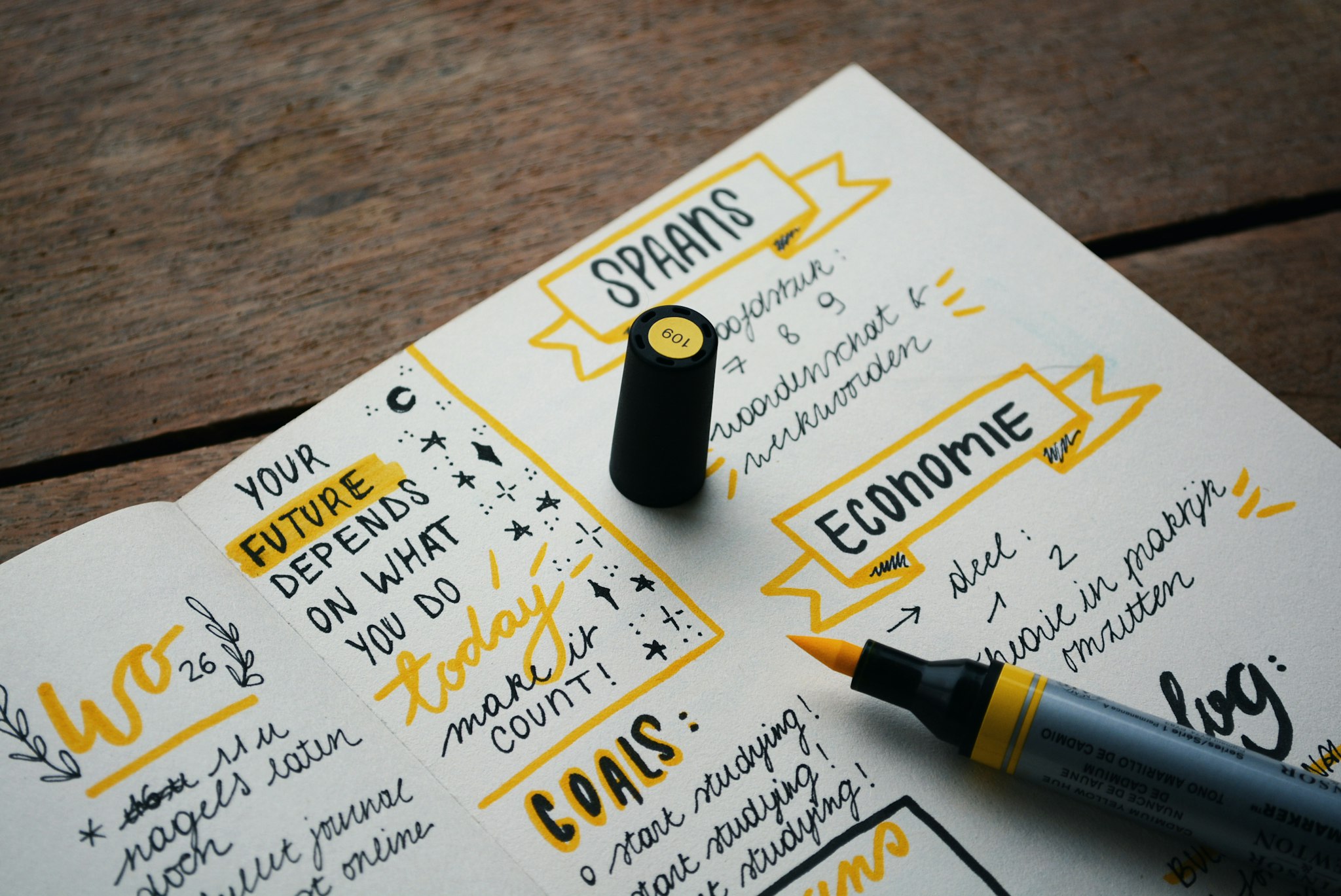
· 2 min read
Escaping the Dopamine Trap with Super Productivity
Modern work is filled with distractions designed to hijack our brains. Social media notifications, endless news feeds, and quick dopamine hits pull us away from deep, meaningful work. Over time, these instant rewards train our minds to avoid effort and chase constant stimulation – a phenomenon known as the Dopamine Trap.
This article is about escaping the dopamine trap with Super Productivity: replacing cheap dopamine loops with structured focus, better breaks, and data you actually control.
For developers, creatives, and knowledge workers, this trap can be devastating. Tasks that require focus – debugging, writing, planning – get replaced with shallow multitasking and reactive work. The result: you feel busy but never truly productive. (If you have ADHD, check out our ADHD Productivity Guide for additional sensory strategies that work with your nervous system.)
How Super Productivity Helps Break the Cycle
Super Productivity (SP) was built to counter exactly this problem. Its features help shift you from reactive, dopamine-driven behavior into intentional, goal-focused work:
Timeboxing and Task Breakdown SP makes it easy to break big goals into small, focused sessions. This reduces the urge to escape into distractions by making progress feel achievable.
Pomodoro and Mindful Breaks Structured breaks help reset your brain without spiraling into endless scrolling. Super Productivity’s timers ensure you step away intentionally – not aimlessly.
Distraction-Free Design Unlike bloated productivity tools, Super Productivity is lightweight and free of unnecessary notifications or gamified “dopamine hooks.” It’s built for clarity, not addiction.
Reflection and Progress Tracking By reviewing completed tasks and logged time, SP provides intrinsic satisfaction – the kind that reinforces focus, not impulsivity.
A Simple Framework to Try
- Start your day in Super Productivity: List only your top three priorities.
- Work in 50-90 minute focus blocks: Use the Pomodoro timer if needed.
- Allow one intentional break per block: Walk, breathe, grab coffee – not social media.
- Review at the end of the day: Log your progress to build momentum.
The goal isn’t to eliminate all dopamine – it’s to stop external systems from controlling it. With SP, you create a structure that rewards focus and intentional action, letting you reclaim control over your time and attention.
Once you’ve broken free from reactive patterns, the next step is building a sustainable focus practice – our Psychology of Work guide shows you how to structure your environment and habits for peak focus. For more strategies on managing focus and neurodivergence, see our ADHD Productivity Guide.
Related resources
Keep exploring the topic
ADHD & Focus Patterns
Build gentle routines, dopamine-aware reminders, and quiet work blocks that actually stick.
Read moreADHD-Proofing Your Developer Workflow
Actionable strategies for neurodivergent developers to stabilize focus, protect energy, and build sustainable momentum without masking.
Read moreThe Zeigarnik Effect: Why Unfinished Tasks Stick in Your Mind
Learn how the psychological phenomenon of remembering incomplete tasks better than finished ones can transform your productivity when paired with Super Productivity's task management features.
Read moreStay in flow with Super Productivity
Plan deep work sessions, track time effortlessly, and manage every issue with the open-source task manager built for focus. Concerned about data ownership? Read about our privacy-first approach.

About the Author
Johannes is the creator of Super Productivity. As a developer himself, he built the tool he needed to manage complex projects and maintain flow state. He writes about productivity, open source, and developer wellbeing.